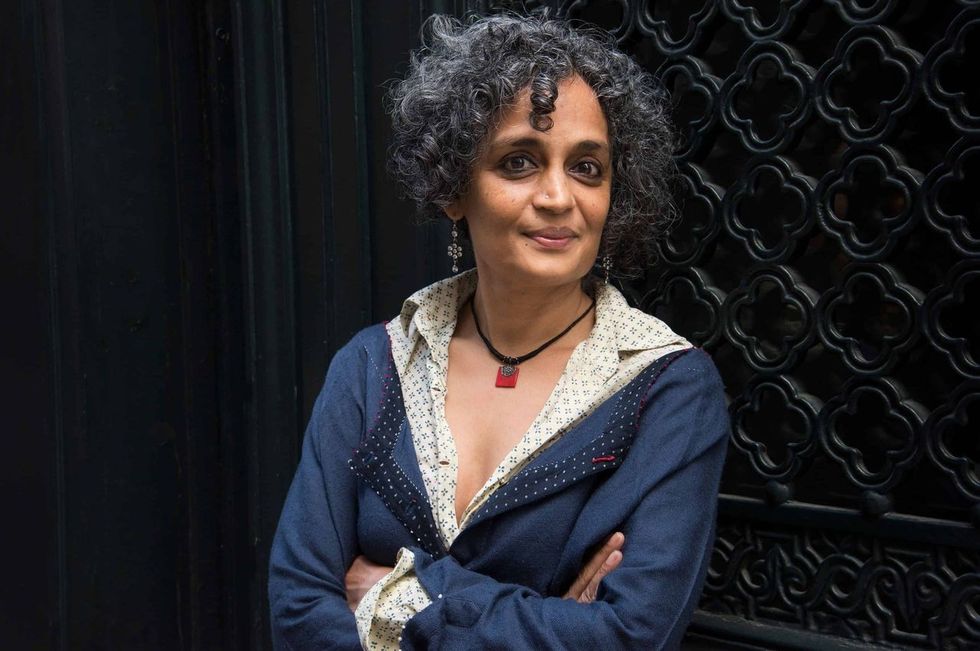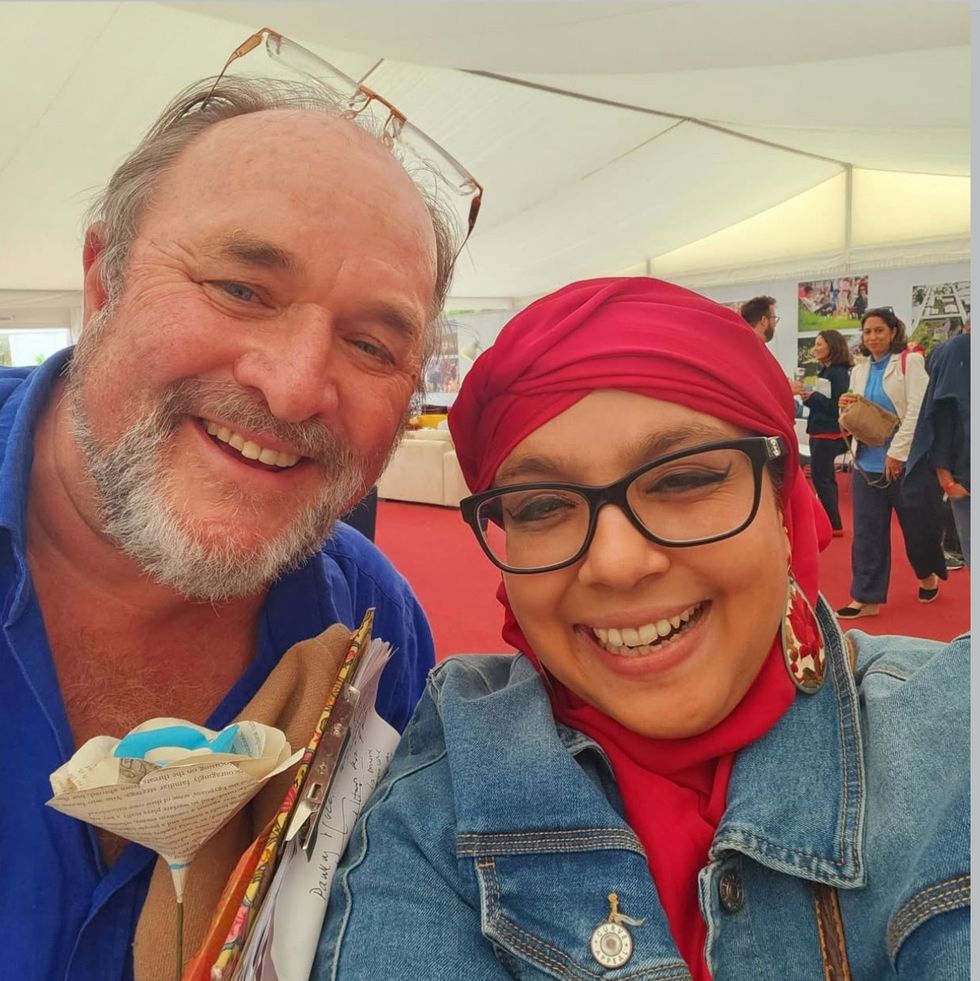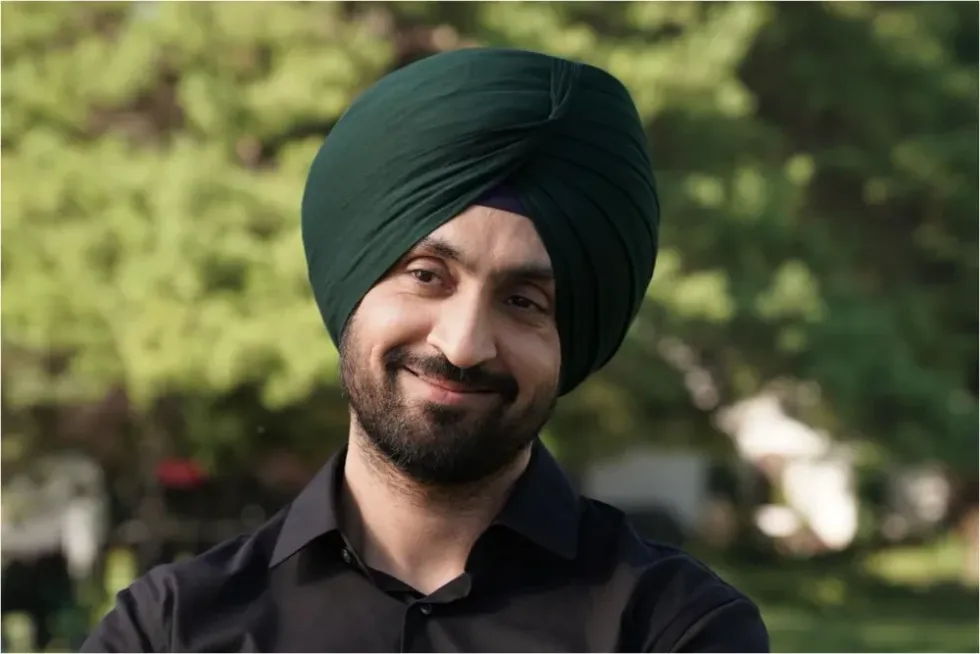By Aneeta Prem
Freedom CharityFREEDOM is something we are all looking forward to just as soon as this corona nightmare is over, and we are once again allowed to associate with others and go where we please when we like.
Ten years on from founding the Freedom charity, I had no idea how much we all would desperately crave freedom now and whatever this new kind of normal is. Senior citizens over 70 and those with serious underlying heath conditions are being shielded at home for 12 weeks.
The lockdown has given rise to a spate of goodwill across the country. People, all over, have been sharing their creativity online. Many have given so much of their time and energy to supporting the lonely and vulnerable with food and services. Almost everybody has been standing on doorsteps at 8pm on Thursdays making some noise in support of frontline workers and NHS staff. These things would not have happened in ‘normal’ times.
That is the good-news picture. The other side of the canvas does not present such a happy story. Quite apart from the tragedy of damage to health and serious loss of life, restrictions on movement have caused untold misery for many. Stories of the mental health effects of isolation, and the abuse going on between family members, locked together in confined spaces, are a daily reality.
In homes and communities where women and girls are not respected as equals and are still, even in 2020, treated as second-class people, the problems have been much, much worse. Physical, sexual and mental and financial abuse have been widely reported.
Sadly, these things are nothing new to us at Freedom charity. Freedom’s helpline and the Freedom charity app are receiving an increasing number of calls and messages from women and girls pleading for assistance and for escape from impossible and often life-threatening situations.
It is not only escaping a potential forced marriage, it can be getting away from domestic abuse involving violence, financial and emotional control and coercion, causing depression, anxiety and an increase in the risk of suicide among young girls. Where there are no longer places of escape, such as open schools, clubs, community social groups, friends’ houses and places of worship, to visit for some respite, the sense of isolation and hopelessness is much more acute, especially under a barrage of unjustifiable threats and bullying from members of their household, their brothers and fathers.
In more ‘normal’ times, Freedom charity is kept busy finding safe places for victims of serious abuse to be homed and cared for. At this time, all such refuges are already overcommitted and all that can be offered is counselling and direction to the already overburdened police. This situation needs an urgent and ongoing response.
Where local authorities fulfil their duty of care by placing a victim in a bed-and-breakfast or other very limited accommodation in the same locality as the perpetrators of the abuse, there will be a natural fear about going out, resulting in virtual imprisonment. Often, victims do not have changes of clothes or sufficient money and, if there is no wi-fi available, no easy means of accessing news, entertainment or contact with friends.
At a time when financial pressures are beginning to bite, there is a desperate need for funding to keep Freedom and other similar small charities afloat, providing support and safe places for individuals under extreme threat. These social problems are not going to go away after the lockdown is lifted. The needs will very likely increase with the inevitable strains on the economy and resulting joblessness. If larger companies, trusts and national and local governments continue to overlook small and effective charities like Freedom and provide financial support only to the big-name organisations, there will soon be a huge deficit in the rescue and rehabilitation of oppressed women, especially disproportionately from the south Asian community.
One key to Freedom’s success in providing a contact pathway for victims is its unique smartphone app which gives all the information required about agencies which can help and an easy, unobtrusive way to summon help. Police forces around the UK, the Home Office and the Foreign Office’s Forced Marriage Unit all endorse and recommend the Freedom charity app. With over a quarter of a million downloads, the app is widely used and works well, leading to many rescues.
However, the app is in need of updating to be compatible with current trends in technology and to become even more effective. This improvement will require funding, so if anyone can help, please reach out to us. Visit www.freedomcharity.org.uk/ for more information.





 LONDON, ENGLAND - JUNE 22: Baroness Floella Benjamin speaks during the unveiling of the National Windrush Monument at Waterloo Station on June 22, 2022 in London, England. The photograph in the background is by Howard Grey. (Photo by John Sibley - WPA Pool/Getty Images)
LONDON, ENGLAND - JUNE 22: Baroness Floella Benjamin speaks during the unveiling of the National Windrush Monument at Waterloo Station on June 22, 2022 in London, England. The photograph in the background is by Howard Grey. (Photo by John Sibley - WPA Pool/Getty Images)









 Ed Sheeran and Arijit Singh
Ed Sheeran and Arijit Singh Aziz Ansari’s Hollywood comedy ‘Good Fortune’
Aziz Ansari’s Hollywood comedy ‘Good Fortune’ Punjabi cinema’s power-packed star cast returns in ‘Sarbala Ji’
Punjabi cinema’s power-packed star cast returns in ‘Sarbala Ji’ Mahira Khan
Mahira Khan ‘Housefull 5’ proves Bollywood is trolling its own audience
‘Housefull 5’ proves Bollywood is trolling its own audience Brilliant indie film ‘Chidiya’
Brilliant indie film ‘Chidiya’  John Abraham
John Abraham Hina Khan and her long-term partner Rocky Jaiswal
Hina Khan and her long-term partner Rocky Jaiswal  Shanaya Kapoor's troubled debut
Shanaya Kapoor's troubled debut Sana Yousuf
Sana Yousuf



 Shraddha Jain
Shraddha Jain Arundhati Roy
Arundhati Roy William Dalrymple and Onjali Q Rauf
William Dalrymple and Onjali Q Rauf Ravie Dubey and Sargun Mehta
Ravie Dubey and Sargun Mehta Money Back Guarantee
Money Back Guarantee Homebound
Homebound Guru Dutt in Chaudhvin Ka Chand
Guru Dutt in Chaudhvin Ka Chand Sarita Choudhury
Sarita Choudhury Detective Sherdi
Detective Sherdi